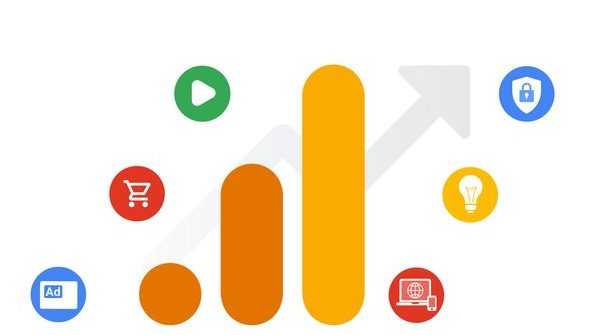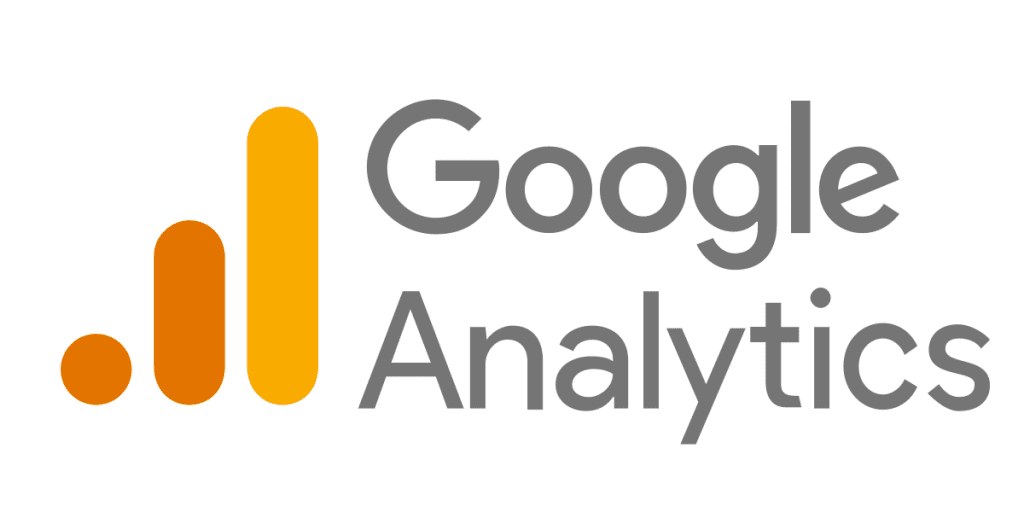On July 1, 2023, Google Universal Analytics will be discontinued.. Google Analytics 4 is the next-generation measurement solution that will take the place of Universal Analytics. Standard Universal Analytics properties, according to Google, will stop processing new hits on July 1, 2023. If you still use Universal Analytics, we recommend that you prepare to switch to Google Analytics 4 in the future.
Now, let’s recognize what is going to happen.
Although Google Analytics 4 is already active, you can still continue to use and collect new data in your Universal Analytics properties until July 1, 2023. You will be able to access previously processed data in your Universal Analytics property for at least six months after July 1, 2023. We understand how important your data is to you, and we strongly advise you to export your historical reports during this time. We will provide a future date for when existing Universal Analytics properties will no longer be available in the coming months. You will no longer be able to see your Universal Analytics reports in the Analytics interface or access your Universal Analytics data via the API after this future date.
Check to see if your Google Analytics property has been impacted. You’re probably using a Universal Analytics property if you created it before October 14, 2020. If you created your property after October 14, 2020, you are most likely already using a Google Analytics 4 property, and no action is required.
What should you do now?
We strongly advise you to upgrade to Google Analytics 4 as soon as possible. This allows you to collect the necessary historical data and usage in the new experience, preparing you for continuity once Universal Analytics is no longer available.
What is the best way to export data from my Universal Analytics property?
There are several methods for exporting data from your Universal Analytics property at the moment.
Individual reports can be exported in the following formats:
CSV
TSV
TSV for Excel
Excel (XLSX)
Google Sheets
PDF
To export data, use the Google Analytics Reporting API.
Customers of Google Analytics 360 can also export to BigQuery.
When will my Universal Analytics property be deactivated?
The team will provide a future date for when existing Universal Analytics properties will no longer be available in the coming months. This date will be visible within Analytics, as well as in this article and throughout the help center. Additionally, as the date for the discontinuation of Universal Analytics approaches, you will receive emails with additional information.
What is Google Analytics 4?
Google Analytics 4 is the next-generation measurement solution that will take the place of Universal Analytics. It is the next generation measurement in a sense that it supports multiple platforms, does not rely solely on cookies (unlike universal google analytics), and employs an event-based data model to provide user-centric measurement. It has been designed with user’s key objectives in mind such as sales drive or app installs, leads generation or bridging online and offline customer engagement.

The marketing experts from business giants like McDonalds are responding GA 4 with positive review. According to them, Google Analytics 4 has given them a solid measurement foundation. Now they can extract valuable insights from their first-party data using machine learning and apply them to marketing, resulting in impressive results that will help us future-proof our business.
Here are a few examples of how Google Analytics 4 can help your business.
- Gain a comprehensive understanding of your customers across all touchpoints.
- Measure engagement and conversions with business and compliance requirements in mind
- Increase the value of your data
- Easily activate your insights
- Address your enterprise’s measurement requirements.
The GA 4 is a lot more advanced that the old GA in terms of insights generation, increasing ROI, providing meaningful data and making decision making process easier for the business owners. The GA 4 is better than the universal google analytics because its key objective is to help business owners grow their business rather than just displaying the data.



